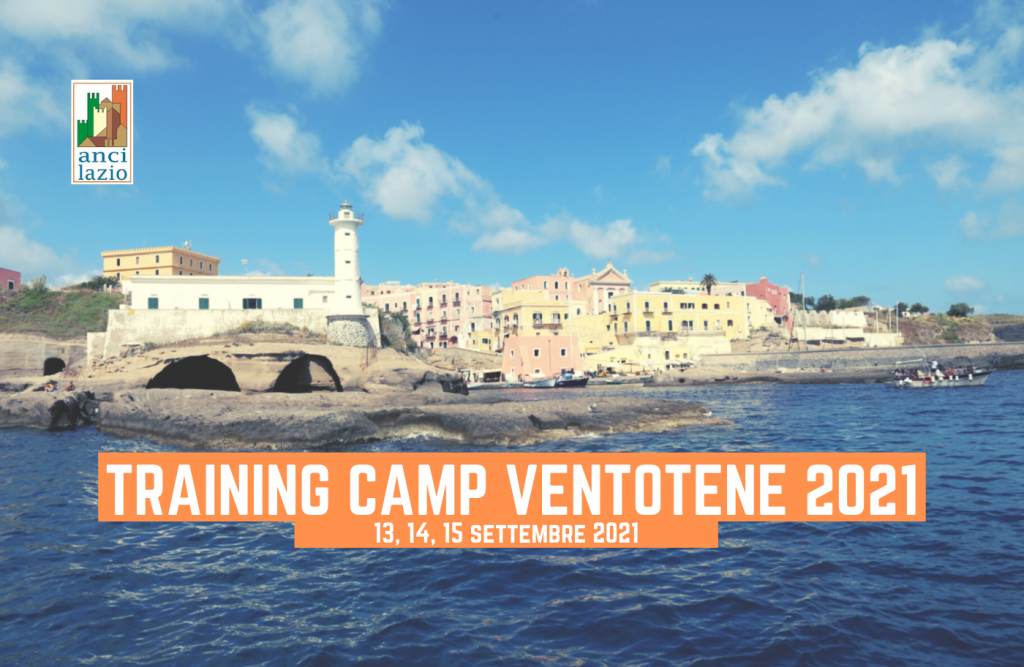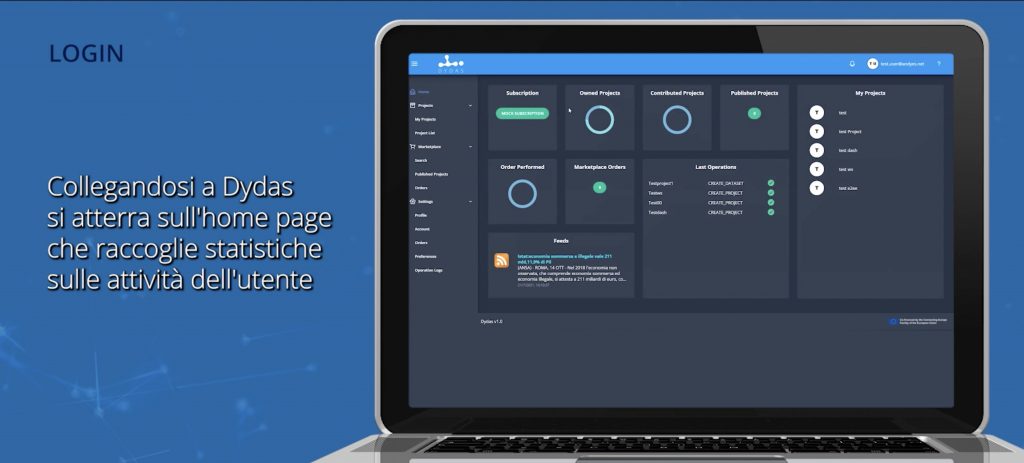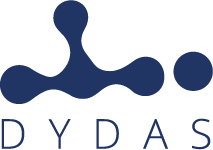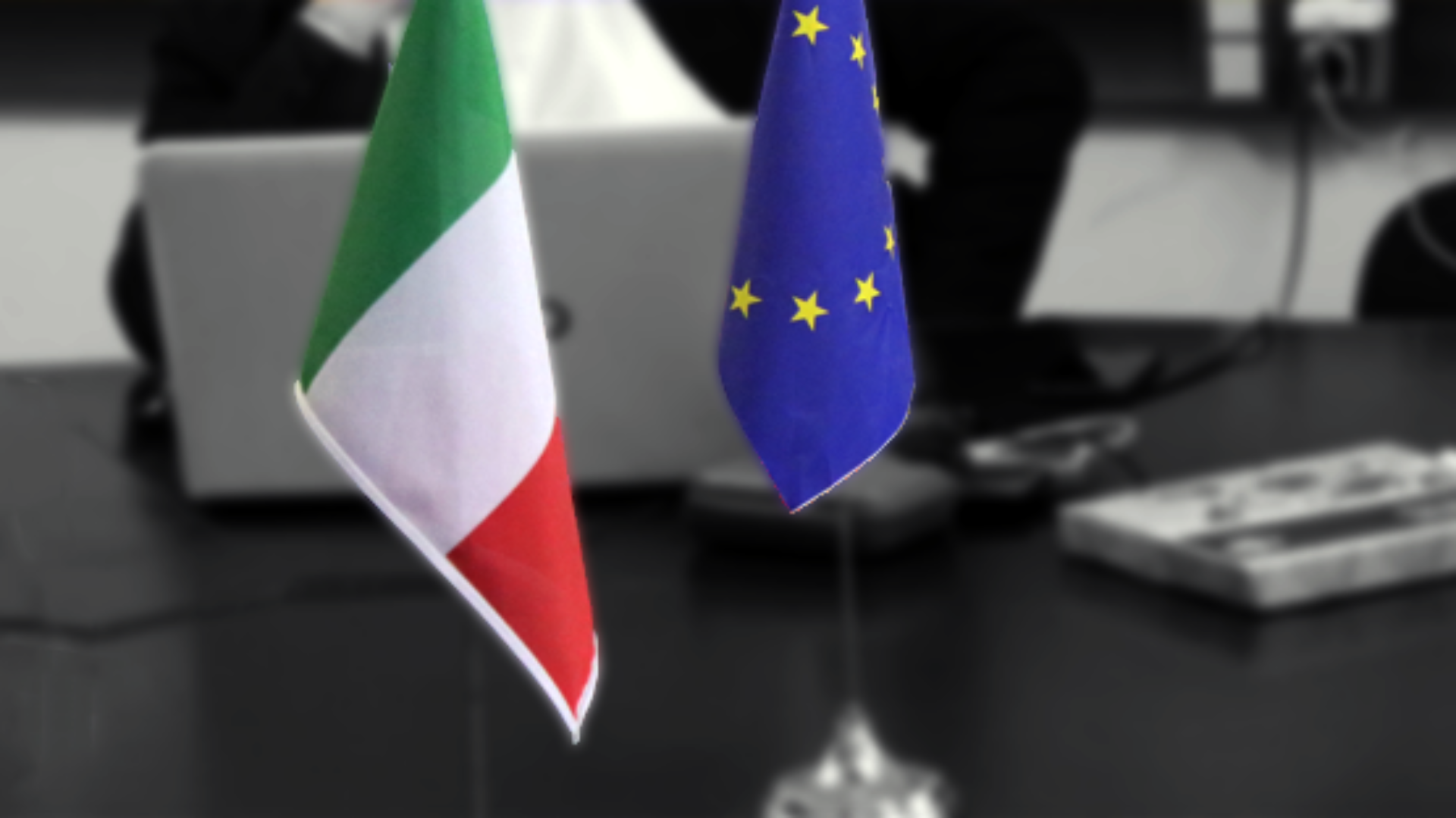
La II° edizione del “Training Camp – VENTOTENE” 2021 rappresenta un occasione importante per gli amministratori locali della regione Lazio che partecipano in quanto l’iniziativa promossa da ANCI Lazio ha lo scopo di allargare gli orizzonti della conoscenza sulla programmazione europea e di favorire la diffusione della buona politica, della gestione oculata e partecipata della res publica e della cittadinanza attiva come funzione sociale insostituibile e infine di promuovere negli amministratori comunali la cultura della programmazione ai fini dello sviluppo locale.
In questo quadro, si inserisce l’intervento atteso durante la prima sessione del tavolo di lavoro dal tema “Verso la transizione digitale e l’inclusione sociale” che condurrà Iulian Gabriel Coltea, direttore R&S di Key to Business srl, partner, fra gli altri di ANCI Lazio nell’ambito del progetto DYDAS DYnamic Data Analytics Services (cofinanziato dal programma europeo Connecting Europe Facility).
Inoltre, un Desk informativo resterà a disposizione dei partecipanti all’evento durante i tre giorni formativi del 13-14-15 settembre 2021, per far conoscere la piattaforma digitale DYDAS, in grado di gestire grandi volumi di dati dinamici, e fornendo ogni dettaglio sulle opportunità offerte da una piattaforma collaborativa, unica nel suo genere e in fase di test per la ‘user experience’.
Successivamente alla presente iniziativa, un video-tutorial sarà reso pubblico su queste pagine offrendo la possibilità di partecipare al test-user experience tramite breve questionario e approfittare per segnalare il proprio interesse nel prendere parte all’attività di beta-testing beneficiando dell’accesso ai servizi e al supporto per l’utilizzo alla piattaforma DYDAS.

Si tratta della seconda edizione del “Training Camp” organizzata da ANCI Lazio.
In questo quadro, si inserisce anche l’intervento atteso dal dott. Andrea Vignoli, responsabile del Dipartimento progetti europei ANCI Lazio, nell’ambito del tavolo di lavoro dal tema “Gruppo Sviluppo Urbano” che condurrà Andrea Vignoli, che evidenzierà il contributo offerto dalle iniziative in corso che ANCI Lazio porta avanti in qualità di partner nell’ambito di progetti europei dedicati alla sostenibilità ambientale.
In particolare, fra i progetti che possono generare dati di grande valore, in cui ANCI Lazio è partner attivo, sarà illustrato il progetto NOMAD – Novel Organic recovery using Mobile ADvanced technology (cofinanziato dal programma europeo HORIZON 2020) per il quale il lavoro in corso sulla valutazione del ciclo di vita di una nuova unità di trattamento del digestato per un impianto di digestato anaerobico potrebbe creare un importante sinergia con il progetto DYDAS, ma non solo. Il CERTH – Centro Nazionale di ricerca e Sviluppo Tecnologico (Grecia) che coordina il progetto di ricerca europeo ha sviluppato una soluzione mobile per impianti di biogas decentralizzati e su piccola scala nelle aree rurali per trasformare il digestato residuo in sottoprodotti organici di alta qualità trasformando l’acqua residua sicura per l’irrigazione. Oltre al processo di filtrazione, una novità dell’unità mobile NOMAD è l’implementazione dell’ozonizzazione come metodo di disinfezione. Questa attività è stata sviluppata dai partner NOMAD presso l’IHE Delft Institute for Water Education, nei Paesi Bassi. Ulteriore problema affrontato da NOMAD, infatti, è il tema degli antibiotici che se scaricati nell’ambiente, essi producono geni e batteri di resistenza agli antibiotici stessi. Dunque la soluzione NOMAD è veramente importante perché il processo di ozonizzazione ha molto successo nella rimozione di questo antibiotico. In realtà non esiste ancora una regolamentazione per lo scarico di antibiotici nell’ambiente, ma è un problema globale importante poiché il 46% dei rifiuti prodotti a livello globale è costituito da rifiuti organici come letame o cibo, che possono contenere residui di antibiotici. Il reattore NOMAD per la ozonizzazione viene riempito con la parte liquida del digestato e quindi l’ozono, attraverso un meccanismo diretto e indiretto, attacca il composto bersaglio. Quindi, il composto progenitore dell’antibiotico che abbiamo, si degrada e si scompone in molecole più piccole. Questi test di laboratorio saranno di prove sul campo in Italia, Malta, Regno Unito e Grecia. In tali aree l’unità mobile NOMAD funziona come un impianto mobile per il trattamento del digestato, combinando tutte le tecnologie sviluppate. La rimozione dell’antibiotico viene eseguita da una macchina UVOX, utilizzando luce UV e ozono. I prodotti finali attesi sono acqua pulita per l’irrigazione e nutrienti recuperati per produrre fertilizzanti.
DYDAS participates in the Training Camp 2021 organized by Anci Lazio – synergies with the NOMAD project
The 2nd edition of the “Training Camp – VENTOTENE” 2021 represents an important opportunity for the local administrators of the Lazio region who participate as the initiative promoted by ANCI Lazio aims to broaden the horizons of knowledge on European programming and to encourage dissemination of good politics, careful and participatory management of the res publica and active citizenship as an irreplaceable social function and finally to promote the culture of planning in municipal administrators for the purposes of local development.
In this framework, the expected intervention during the first session of the working table on the theme “Towards the digital transition and social inclusion” which will lead Iulian Gabriel Coltea, R&D director of Key to Business srl, partner, among others of ANCI Lazio within the DYDAS DYnamic Data Analytics Services project (co-financed by the European Connecting Europe Facility programme).
Furthermore, an Information Desk will remain available to event participants during the three training days of 13-14-15 September 2021, to introduce the DYDAS digital platform, capable of managing large volumes of dynamic data, and providing every detail on opportunities offered by a collaborative platform, one of a kind and currently being tested for the ‘user experience’.
Following this initiative, a video-tutorial will be made public on these pages, offering the possibility of participating in the test-user experience through a short questionnaire and taking the opportunity to signal one’s interest in taking part in the beta-testing activity, benefiting from access to services and support for using the DYDAS platform.
This is the second edition of the “Training Camp” organized by ANCI Lazio.
In this context, the expected intervention conducted by Dr. Andrea Vignoli, head of the European Projects Department of ANCI Lazio, as part of the working table on the subject “Urban Development Group” which will lead Andrea Vignoli, who will highlight the contribution offered by the ongoing initiatives that ANCI Lazio carries out as a partner in the scope of European projects dedicated to environmental sustainability.
In particular, among the projects that can generate data of great value, in which ANCI Lazio is an active partner, the NOMAD – Novel Organic recovery using Mobile ADvanced technology project (co-financed by the European program HORIZON 2020) will be illustrated for which the work in progress on the life cycle assessment of a new digestate treatment unit for an anaerobic digestate plant could create an important synergy with the DYDAS project, but not only. CERTH – National Research and Technological Development Center (Greece) coordinating the European research project has developed a mobile solution for decentralized and small-scale biogas plants in rural areas to transform residual digestate into high quality organic by-products by transforming the residual water safe for irrigation. In addition to the filtration process, a novelty of the NOMAD mobile unit is the implementation of ozonation as a disinfection method. This activity was developed by the NOMAD partners at the IHE Delft Institute for Water Education, the Netherlands. A further problem faced by NOMAD, in fact, is the issue of antibiotics which, if discharged into the environment, produce genes and bacteria of resistance to the antibiotics themselves. So, the NOMAD solution is really important because the ozonation process is very successful in removing this antibiotic. In reality, there is still no regulation for the discharge of antibiotics into the environment, but it is a major global problem as 46% of the waste produced globally consists of organic waste such as manure or food, which may contain antibiotic residues. The NOMAD ozonation reactor is filled with the liquid part of the digestate and then the ozone, through a direct and indirect mechanism, attacks the target compound. So, the parent compound of the antibiotic we have, degrades and breaks down into smaller molecules. These laboratory tests will be field trials in Italy, Malta, the UK and Greece. In such areas the NOMAD mobile unit works as a mobile plant for the treatment of digestate, combining all the developed technologies. The removal of the antibiotic is done by a UVOX machine, using UV light and ozone. The expected end products are clean water for irrigation and recovered nutrients to produce fertilizers.


